Hello, I'm @aspiya from #Bangladesh
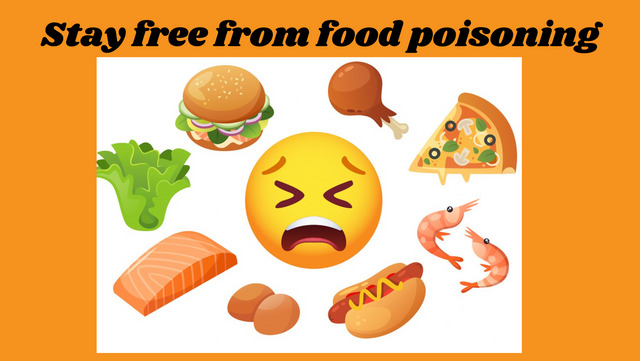

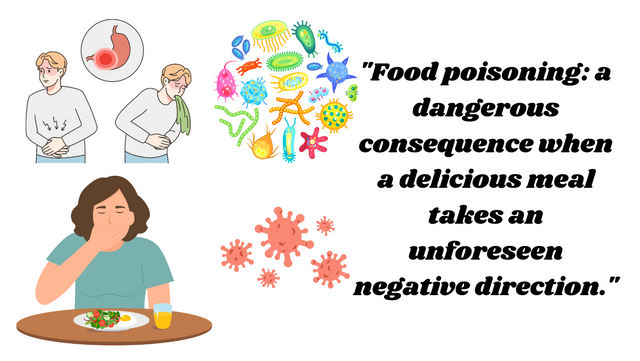.png)

Image made by Canva |
|---|
"Food poisoning" is an informal way of describing any ailment or disease that originated in the food we eat. Eating food that has been contaminated with dangerous microbes is the most common cause of this. A case of food sickness is like a naughty gremlin that slips into your stomach and turns eating into a wild roller coaster. Eating foods that contain bacteria or toxins can cause food poisoning.
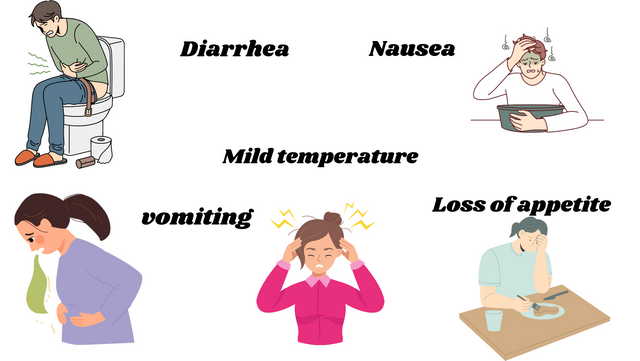.png)

Image made by Canva |
|---|
There is no universal set of symptoms for food poisoning; rather, they are organism-specific. Nausea, vomiting, internal bleeding, weakened muscles, mild temperature, loss of appetite, diarrhea, nausea, and abdominal pain are some of the most prevalent symptoms.
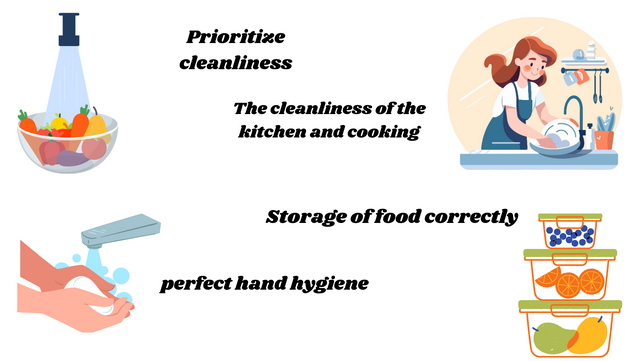.png)

Image made by Canva |
|---|
To avoid food poisoning, we may do the following:
Prioritize cleanliness: Keep your hands pristine by practicing perfect hand hygiene. Always use hand sanitizer before touching raw meat, after handling raw vegetables, and after using the toilet. The cleanliness of the kitchen and cooking utensils should be maintained to the same standard as that of a show podium.
Most important is how fresh it is: Make sure everything is in perfect condition before you add it to your culinary creation. Always check the expiration dates and search for signs of spoilage when purchasing fruits, vegetables, and meat. Pay close attention to the fresh components. One of the simplest methods to avoid food poisoning is this.
Storage of food correctly: Always keep cooked and raw foods in separate containers while storing or preparing meals. To avoid the growth of bacteria, keep your refrigerator at 40 degrees Fahrenheit (4 degrees Celsius) or below.
Have faith in your senses: The valiant guardians vigilantly searching for indicators of deterioration. Remove anything from your culinary realm that gives off an unpleasant odor, looks fishy, or seems weird without hesitation.
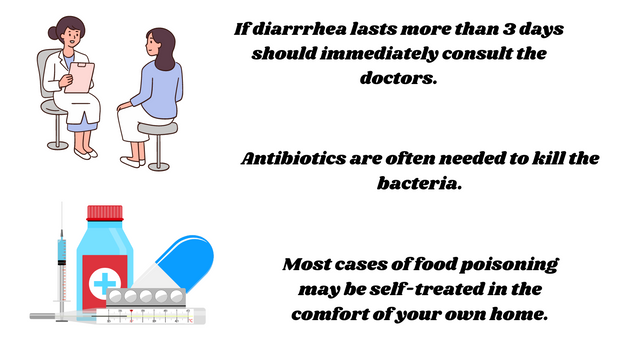.png)

Image made by Canva |
|---|
Most cases of food poisoning may be self-treated in the comfort of your own home. In most cases, going to the doctor or hospital is not necessary. In most cases, the symptoms of food poisoning go away on their own after about a week. Typically, diarrhea goes away or at least becomes better after three days. If it lasts more than 3 days should immediately consult the doctors. Antibiotics are often needed to kill the bacteria.
Avoiding dehydration is the first and foremost concern while dealing with food sickness. During this period, it is recommended to take plenty of water and other liquid foods such as sherbet and fruit juice, since the body loses a lot of water when you vomit or defecate. Food should be served with salt water if needed.
I would like to invite my friends @ramelic, @moliza, and, @nsisong2022 to participate in this contest.
